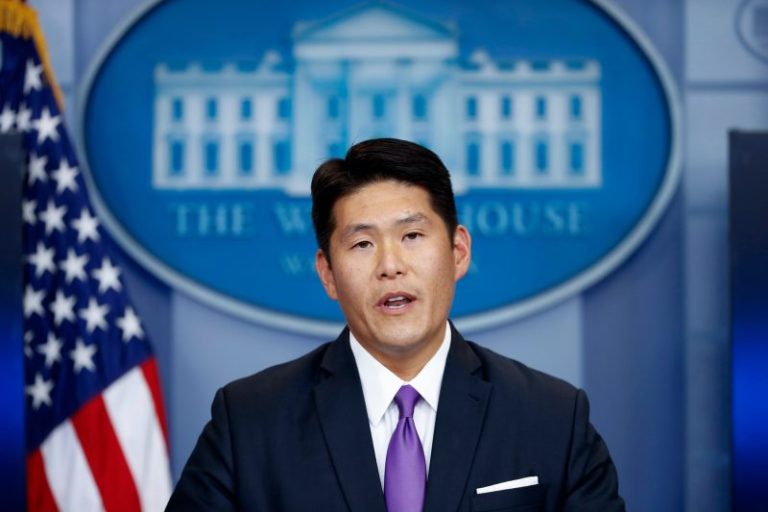Special counsel Robert K. Hur has submitted his investigative report into classified documents found at President Biden’s private home and office — and the findings remain under review by White House lawyers, according to a letter sent to lawmakers Wednesday night.
The letter from Attorney General Merrick Garland said Hur had submitted his report to the Justice Department on Monday.
“Prior to submitting his report to me, Special Counsel Hur engaged with the White House Counsel’s Office and the President’s personal counsel to allow comments on the report,” Garland wrote. “That included review by the White House Counsel’s Office for executive privilege consistent with the President’s constitutional prerogatives. The White House’s privilege review has not yet concluded.”
Ian Sams, a spokesman for the White House counsel’s office, said the review of the report is expected to be completed by the end of the week.
Garland’s letter comes a day after The Washington Post reported that Hur’s report was complete and would be shared with Congress and the public in coming days. The Post also reported that people familiar with the matter said Hur’s findings are critical of the handling of sensitive documents by Biden and his aides, but that conduct did not rise to the level of chargeable crimes.
Executive privilege is a key part of federal government operations that allows presidents to withhold certain types of information from Congress and the public. The privilege is based in part on the view that a president’s “deliberative process” should be shielded from the public, in order for them to get good advice and information and make better decisions.
It is not absolute, and over the decades has been the subject of intense battles among different branches of the government. Those disputes occasionally have had to be resolved by the courts.
Typically, the issues that are most protected by executive privilege involve national security, such as diplomatic and military affairs. Information about law enforcement investigations is often also closely held, although in this case, which involves an investigation of a sitting president, the Justice Department and the White House might not agree on how the privilege should be applied.
Garland appointed Hur to launch an investigation in January 2023 after aides to Biden found sensitive government materials at Biden’s home in Wilmington, Del. and an office he used after his vice presidency, before he ran for president.
The discovery came as a separate special counsel was investigating former president Donald Trump’s alleged mishandling of classified documents — a probe that led to 40 federal criminal charges against Trump, including willful retention of national defense secrets and obstruction of justice. Garland said at the time that special counsels were necessary because both Trump and Biden had indicated they would be running for president in 2024.
Hur is a former U.S. attorney from Maryland who had held other posts in Trump’s Justice Department. He took leave from his private firm to lead the Biden investigation. Special counsels have more independence from Justice Department leaders than other federal prosecutors, but they ultimately answer to the attorney general.
In addition to deciding whether to seek criminal charges, special counsel’s must file a confidential report to the attorney general explaining their decisions. In recent years, those reports have also been released to the public, sometimes with redactions. Hur’s investigation had cost taxpayers nearly $3.5 million as of Sept. 30, according to a report released in January.
While the Trump and Biden classified documents cases have some similarities, there are key differences. The number of documents involved in the Biden probe appears far smaller — fewer than 20 or in Biden’s case, compared with roughly 300 for Trump. Perhaps more importantly, federal prosecutors came to suspect Trump was deliberately misleading them and hiding some highly sensitive papers even after he received a grand jury subpoena demanding their return. Biden has said that he cooperated with investigators and handed over the documents as soon as they were discovered.
Showing willful intent to mishandle national security secrets is often a key factor in charging decisions involving classified papers.
Matt Viser contributed to this report.

